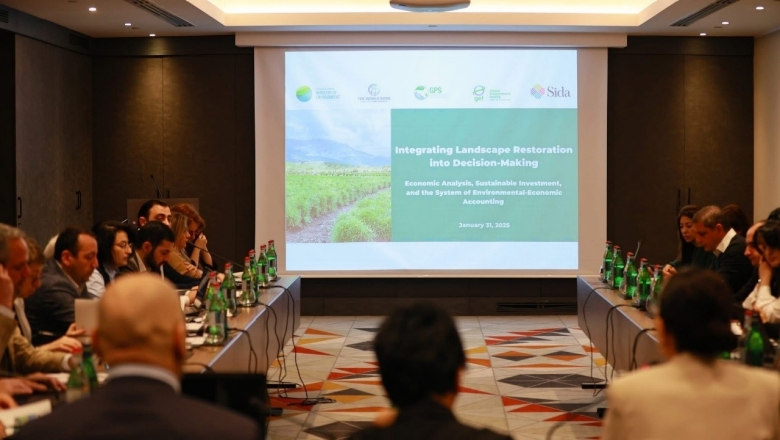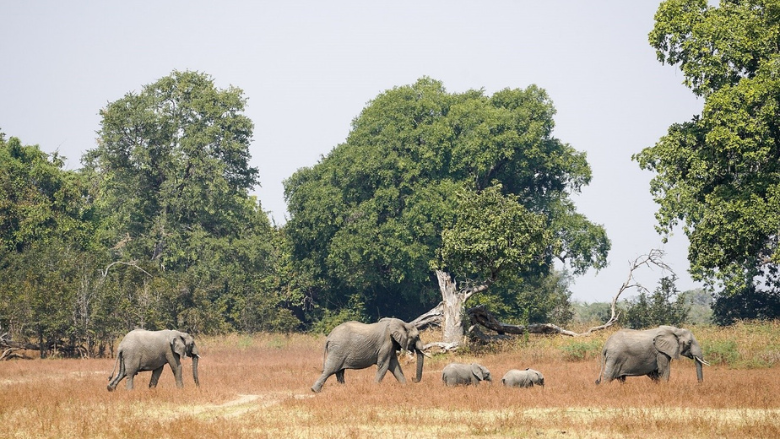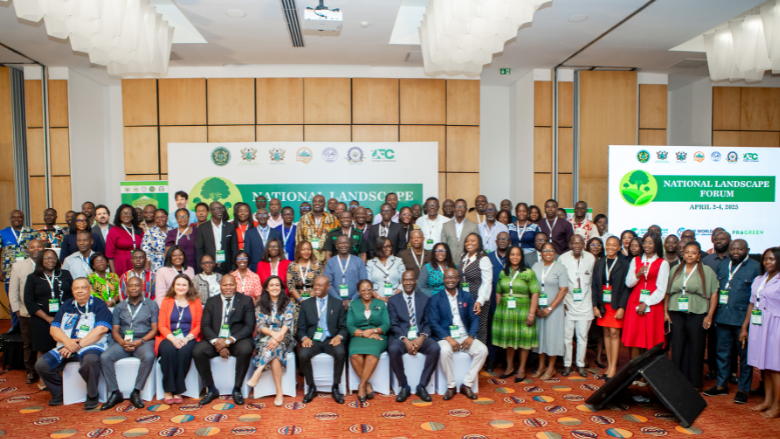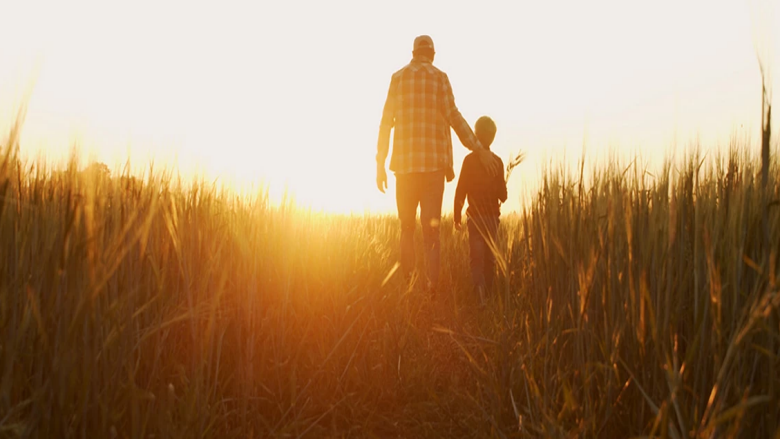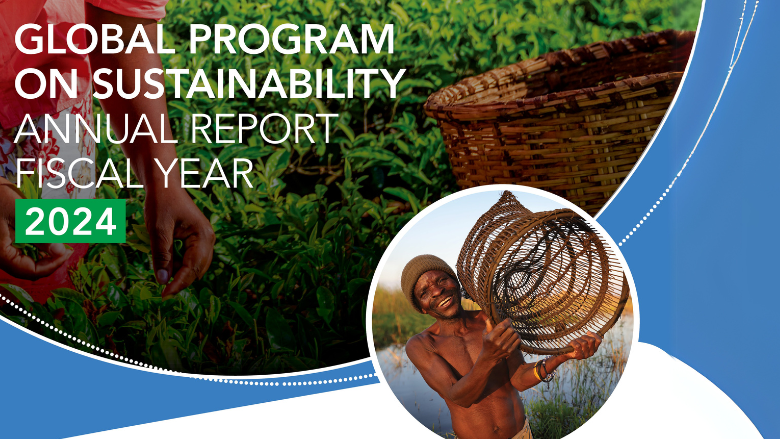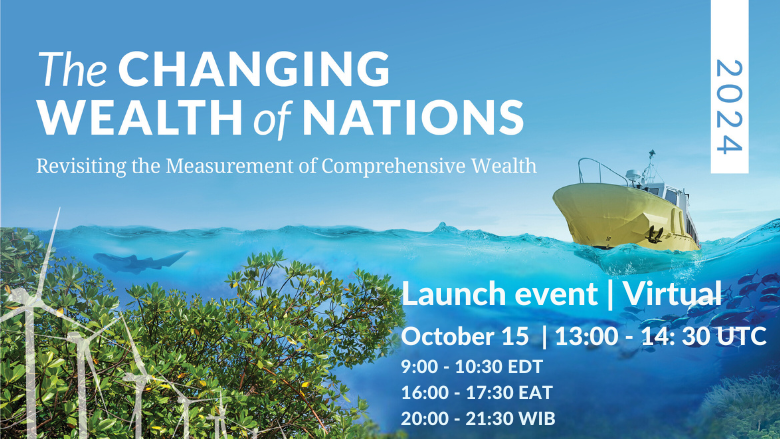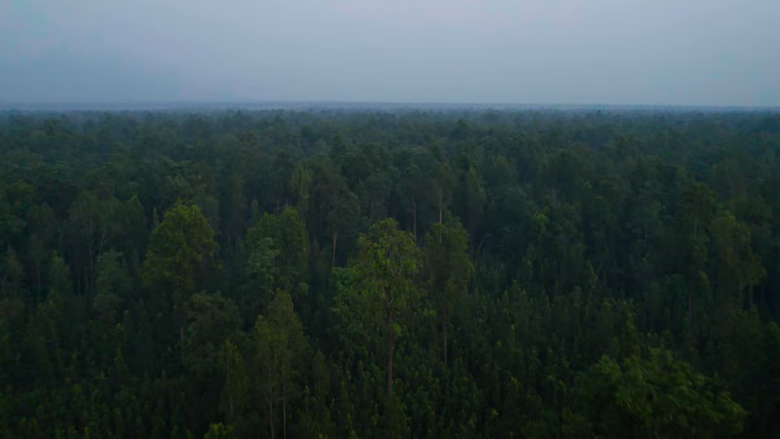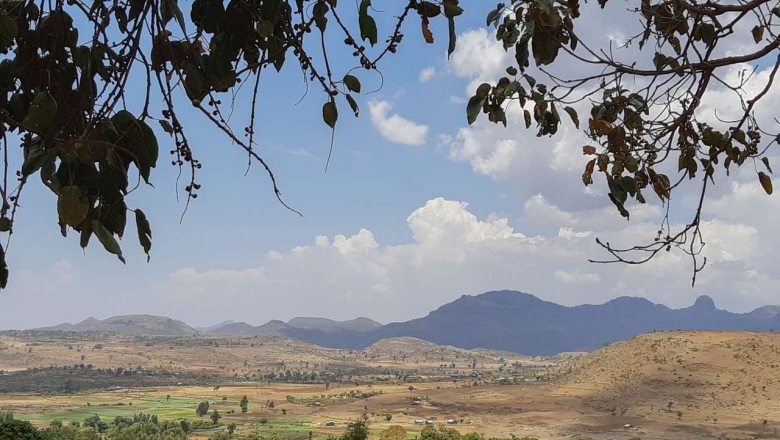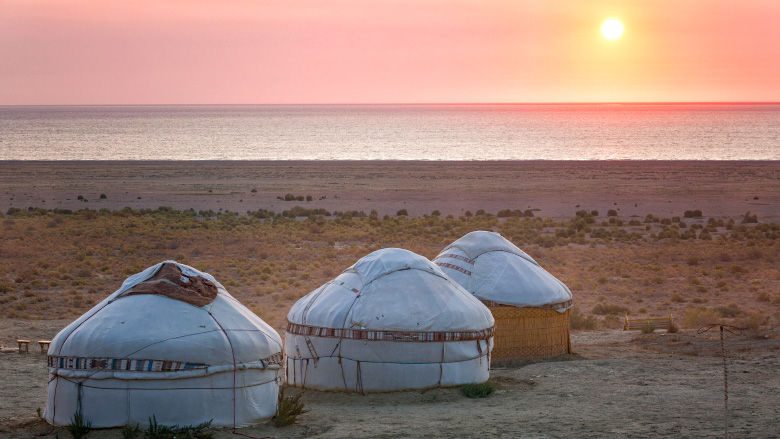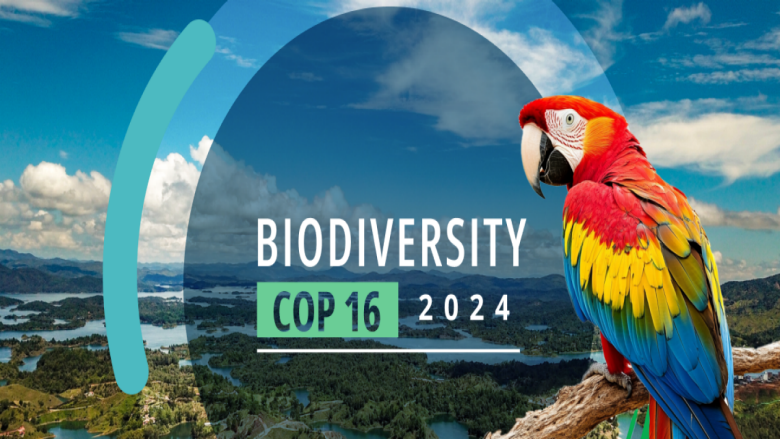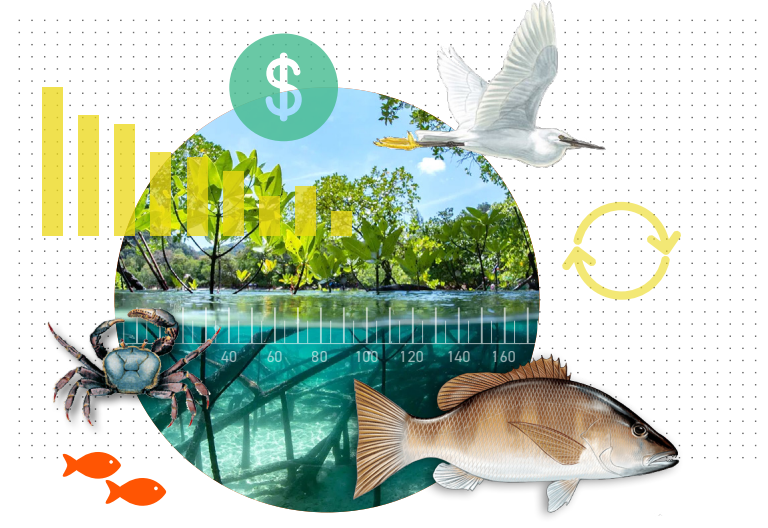
Global Program on Sustainability
Making Nature Count for People & Planet
Latest from the GPS
Enabling Sustainable Forest Management in Nepal
This report provides critical data and insights to support sustainable forest management, enhance rural livelihoods, and strengthen climate action in Nepal.
Transition Planning - Attracting Finance for a Sustainable Economy
This session explored how national and institutional transition plans foster a resilient, low-carbon economy, featuring World Bank work in Uganda and efforts to attract climate finance and manage environmental risks.
Gender, poverty, and land restoration in Ethiopia
This event discussed the central role of women in restoration activities and how these efforts contribute to poverty reduction.
Mainstreaming Nature into World Bank Macroeconomic Models
A new report, Mainstreaming Nature into World Bank Macroeconomic Models, links the World Bank’s key macroeconomic models—MANAGE-WB and MFMod—with biophysical models that track land use and ecosystem services.
How African Nations are Redefining Economic Value for Resilient Development
With support from the World Bank’s Global Program on Sustainability (GPS), some of the most compelling leadership on NCA, and valuing nature, is emerging from Africa.
Integrating Natural Capital into Policies for Climate Resilient Development
GPS hosted a side event at the Second Africa Climate Summit (ACS2) in Addis Ababa, Ethiopia. Watch the recording.
The Natural Capital Data Hub
The Natural Capital Data Hub is a one-stop platform connecting users to the World Bank’s key datasets on wealth and sustainability—making complex data accessible for analysis, policy, and storytelling
Feasibility and Ambitiousness (FAB) Dashboard
Introducing the Feasibility and Ambitiousness (FAB) Dashboard – a new initiative designed to support countries in accessing sustainable finance.
Kenya Launches Bold New Data Strategies to Power Sustainable Development
The Kenya National Bureau of Statistics (KNBS) launched two transformative frameworks: the Second Kenya Strategy for Development of Statistics (KSDS2) and the National Plan for Advancement of Environmental Economic Accounting (NPAEEA).
Sustainability-Linked Finance (SLF) Framework
In a move poised to reshape sustainable development financing in Africa, Côte d’Ivoire announced the launch of its innovative Sustainability-Linked Finance (SLF) Framework.
Nature's Paradox: Stepping Stone or Millstone?
This report is about the intersection of two major crises of the 21st century—the sustainability crisis and the social exclusion and inequality crisis.
Nigeria Moves Toward Institutionalizing Natural Capital Accounting
At the 2025 Natural Capital Accounting Conference, stakeholders from across Nigeria’s environmental and economic sectors came together to advance the country’s efforts to integrate nature into its national economic planning.
Healing Armenia's Land: A Strategic Approach to Landscape Restoration
Armenia's forests and wetlands are among the most valuable ecosystems, providing habitat for a diverse range of species and offering essential ecosystem services.
Enhancing Conservation Through Data-Driven Decision-Making in Zambia
Zambia is updating its Wildlife and Protected Areas Accounts under the Zambia Natural Capital Accounting Program, supported by GPS.
Ghana National Landscape Forum 2025
The event featured the official launch of Ghana’s National Capital Accounts, discussions on climate-smart cocoa, forest governance, pollution management, and community-led conservation initiatives.
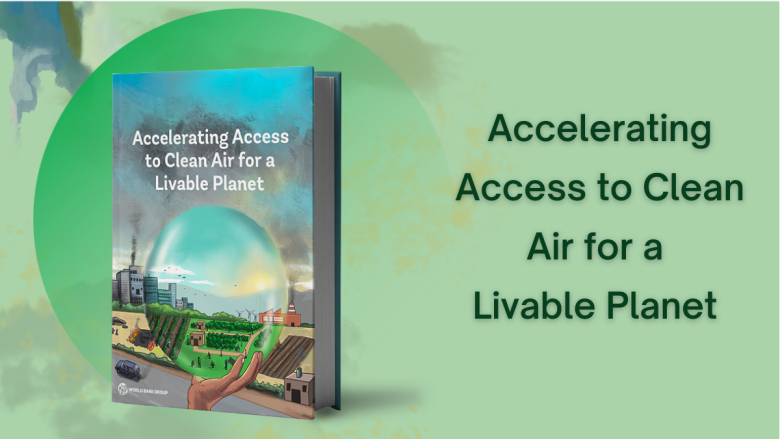
Accelerating Access to Clean Air
Halving the number of people exposed to high levels of outdoor air pollution globally by 2040 can be both feasible and affordable.
Revisiting comprehensive wealth
Two decades ago, the World Bank established the Changing Wealth of Nations (CWON) series that measures comprehensive national wealth to monitor long-term economic progress through a country’s full portfolio of assets.
GPS FY24 Annual Report
This year's report showcases the breadth of our work: GPS is simultaneously harnessing the power of analytics and partnerships and shifting the intellectual discourse through groundbreaking research, while increasingly emphasizing social inclusion.
The Changing Wealth of Nations 2024
Revisit the launch of The Changing Wealth of Nations (CWON) report. The World Bank’s CWON program provides the most comprehensive wealth database currently available.
Supporting Private Trees for Nepal’s Green, Resilient, and Inclusive ...
Private tree planting on farms can also help build forest cover and boost livelihoods in Nepal. Nepal’s forest cover has expanded from 25% to 46% over the last 25 years.
Adoption of land restoration activities in Ethiopia
This report examines the gender-labor dimensions of the adoption of land restoration activities by smallholder agricultural households in rural Ethiopia.
Greening the Desert
Uzbekistan employs landscape restoration with native flora, supported by the World Bank’s GPS and the Central Asia RESILAND Program, to address environmental and economic challenges.
GPS and the World Bank Group at COP16 on Biodiversity
GPS and the World Bank Group are attending the Conference of the Parties (COP16) on Biodiversity to support the unprecedented ambition enshrined in the goals of the Kunming-Montreal Global Biodiversity Framework (KMGBF).

Germany

United Kingdom

Switzerland
GPS is supported by Germany’s Federal Ministry for Economic Cooperation and Development (BMZ), the Department for Environment, Food and Rural Affairs, United Kingdon (DEFRA), and the State Secretariat for Economic Affairs, Switzerland (SECO).
About the Program
MULTIMEDIA

FAB Dashboard - Setting Smarter Targets

FAB Dashboard - What makes a target Ambitious













